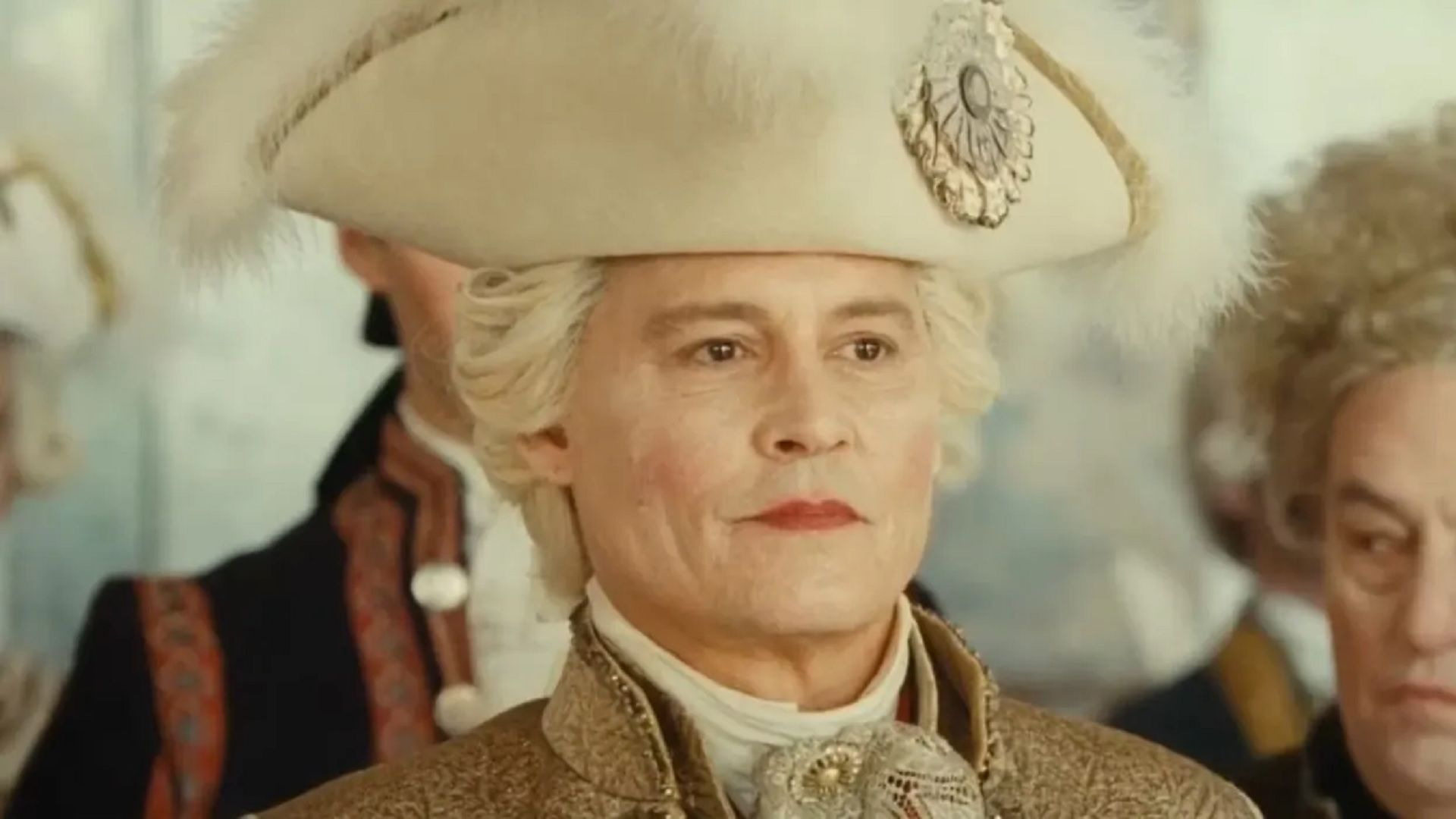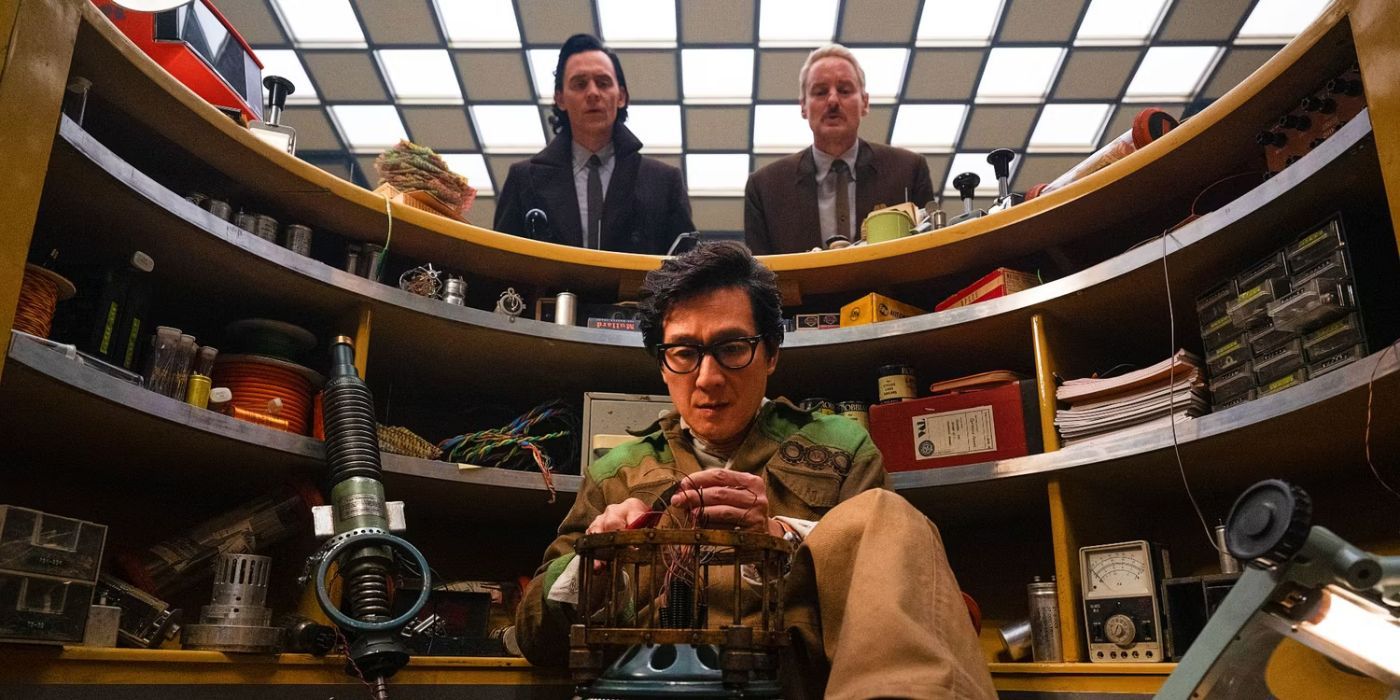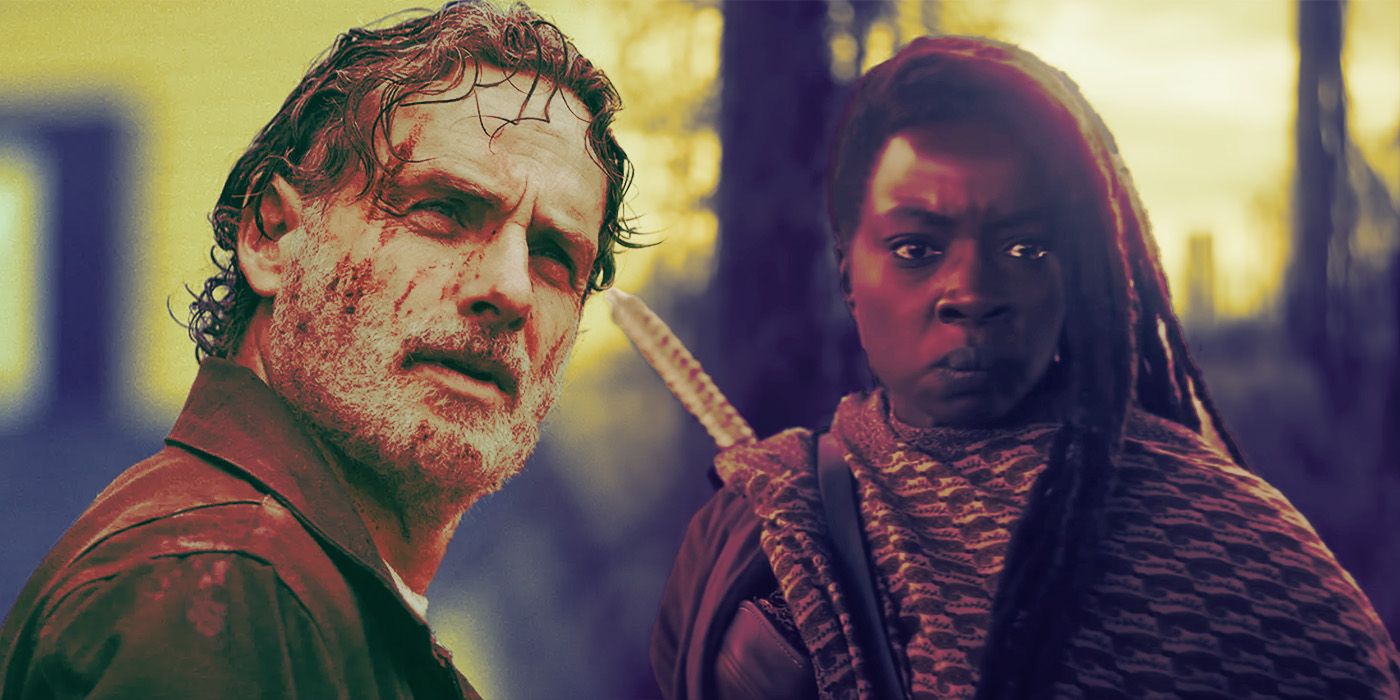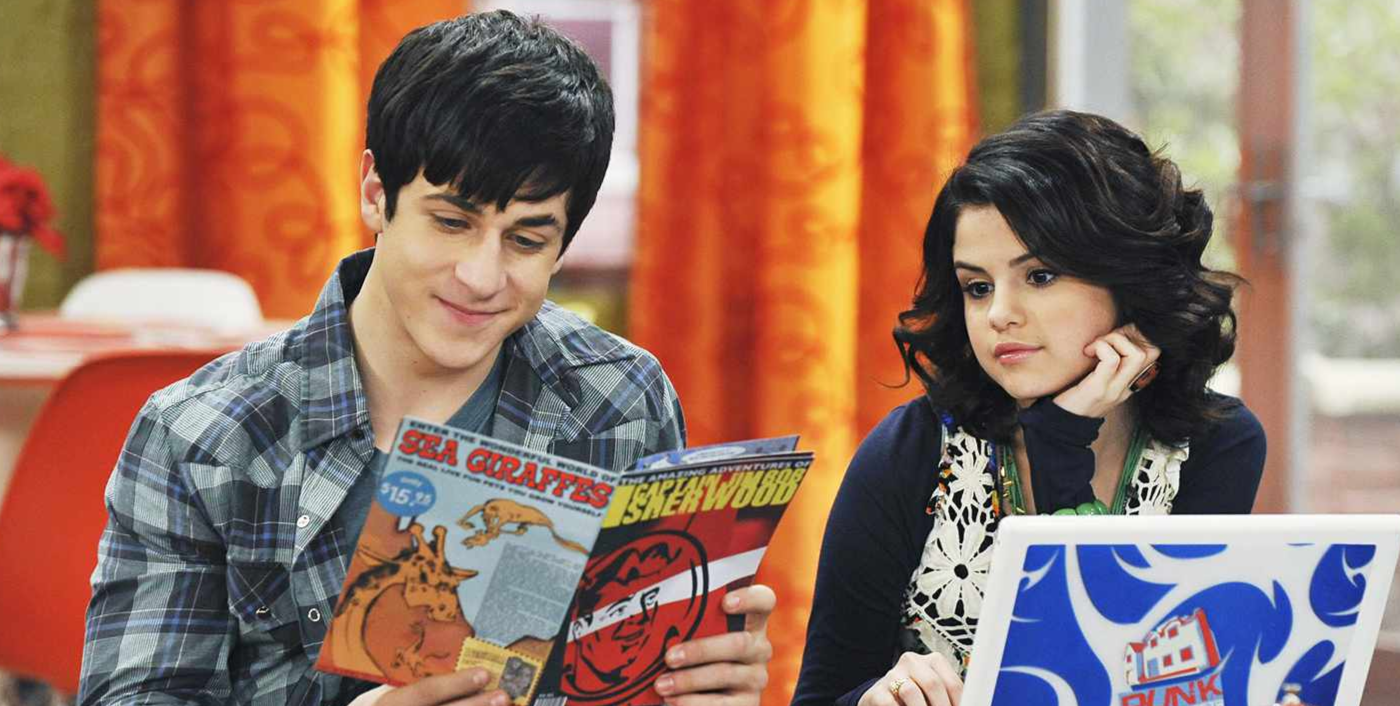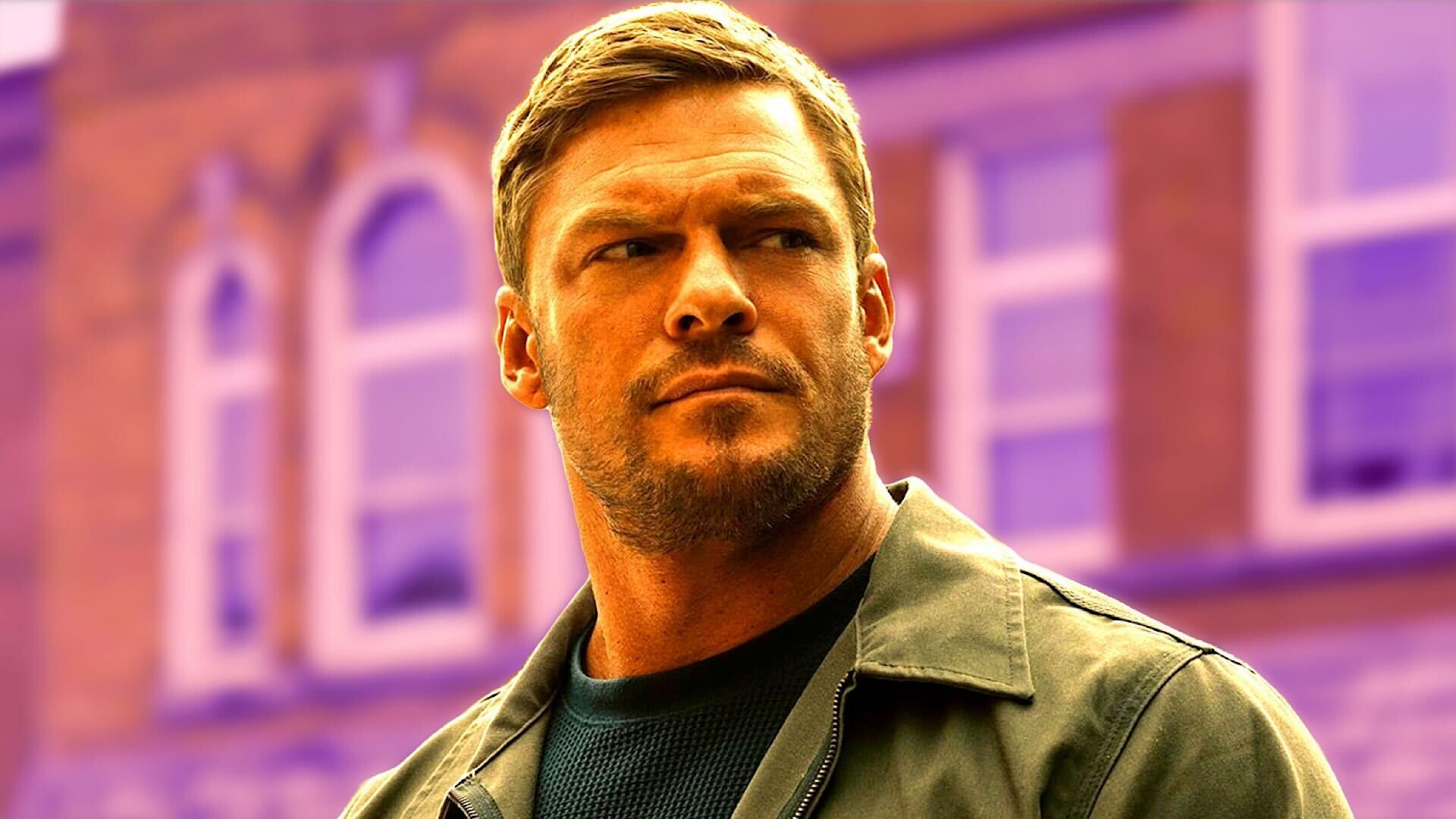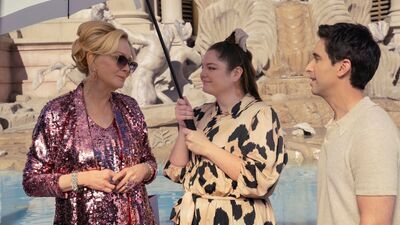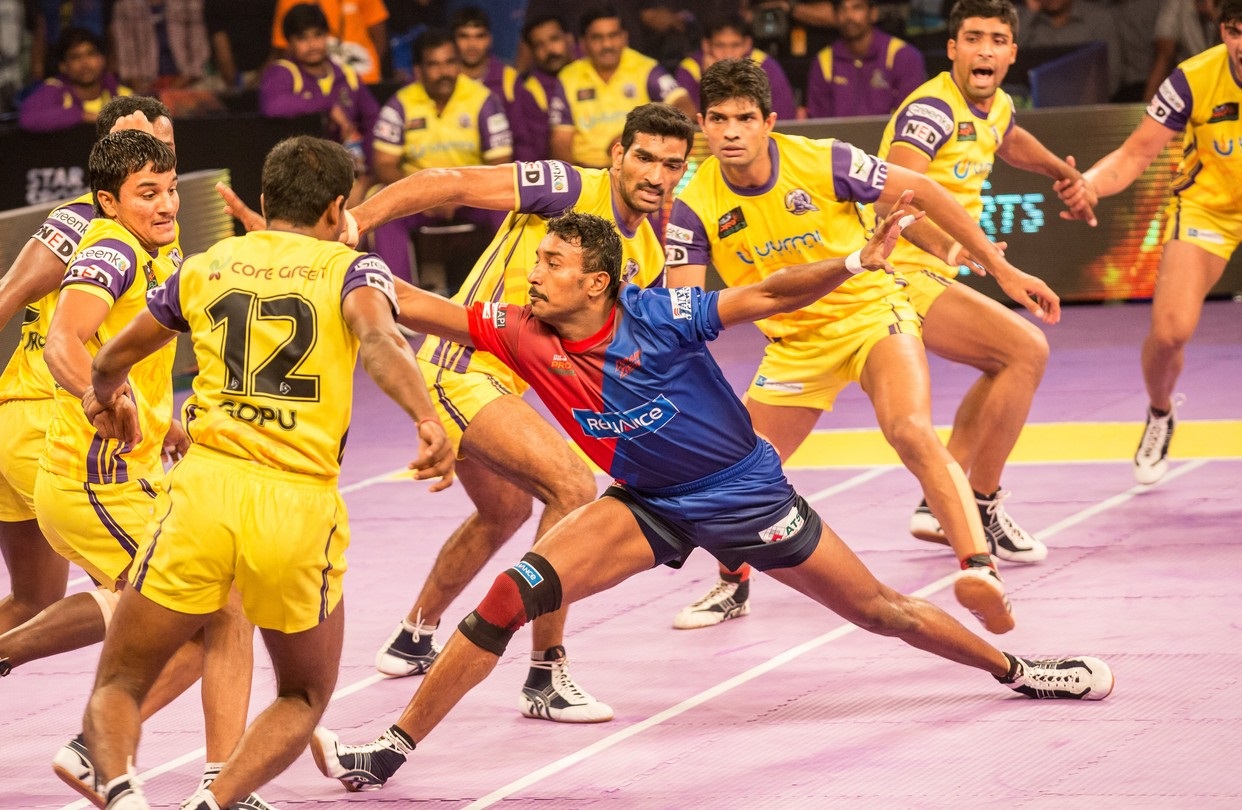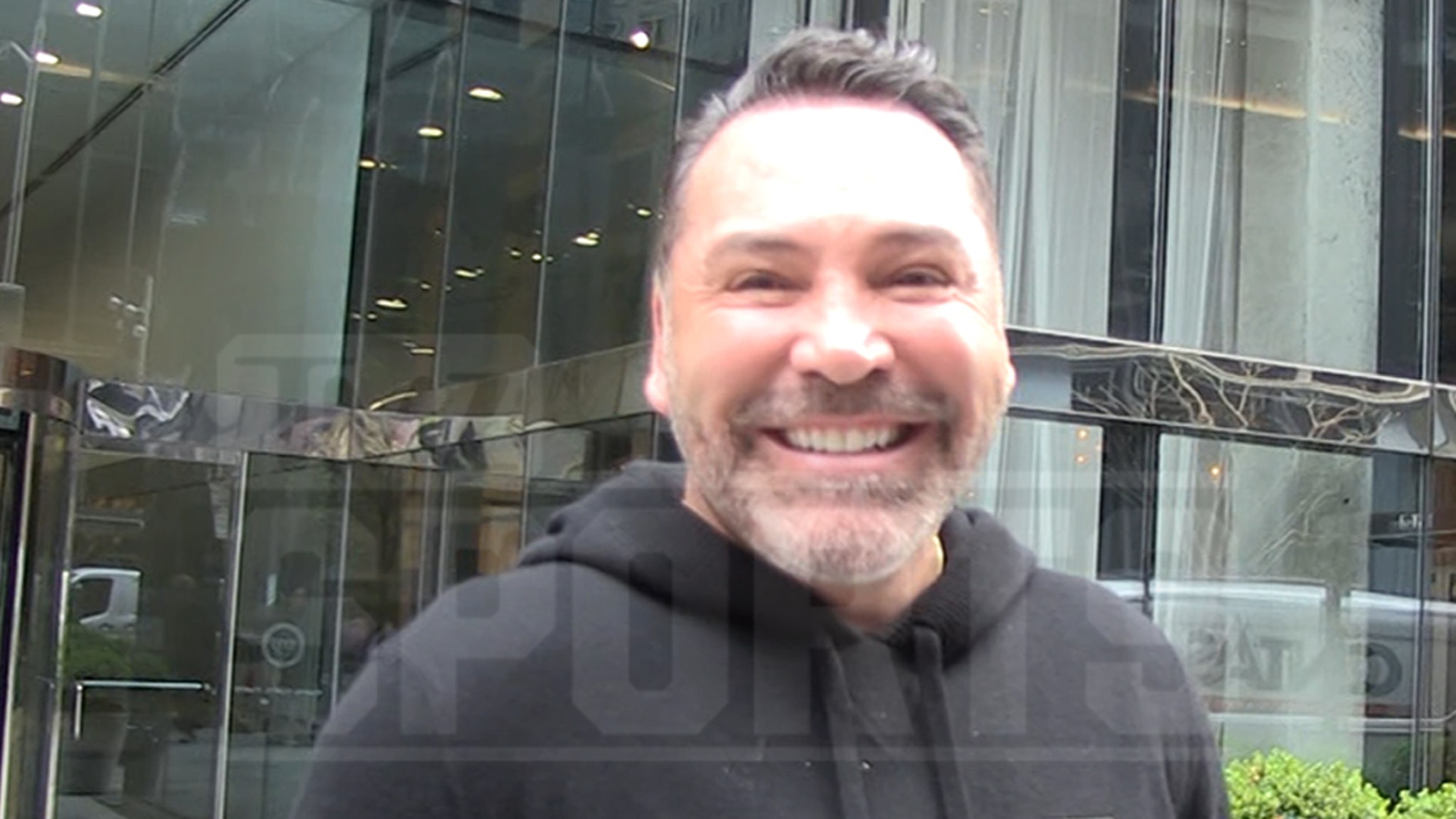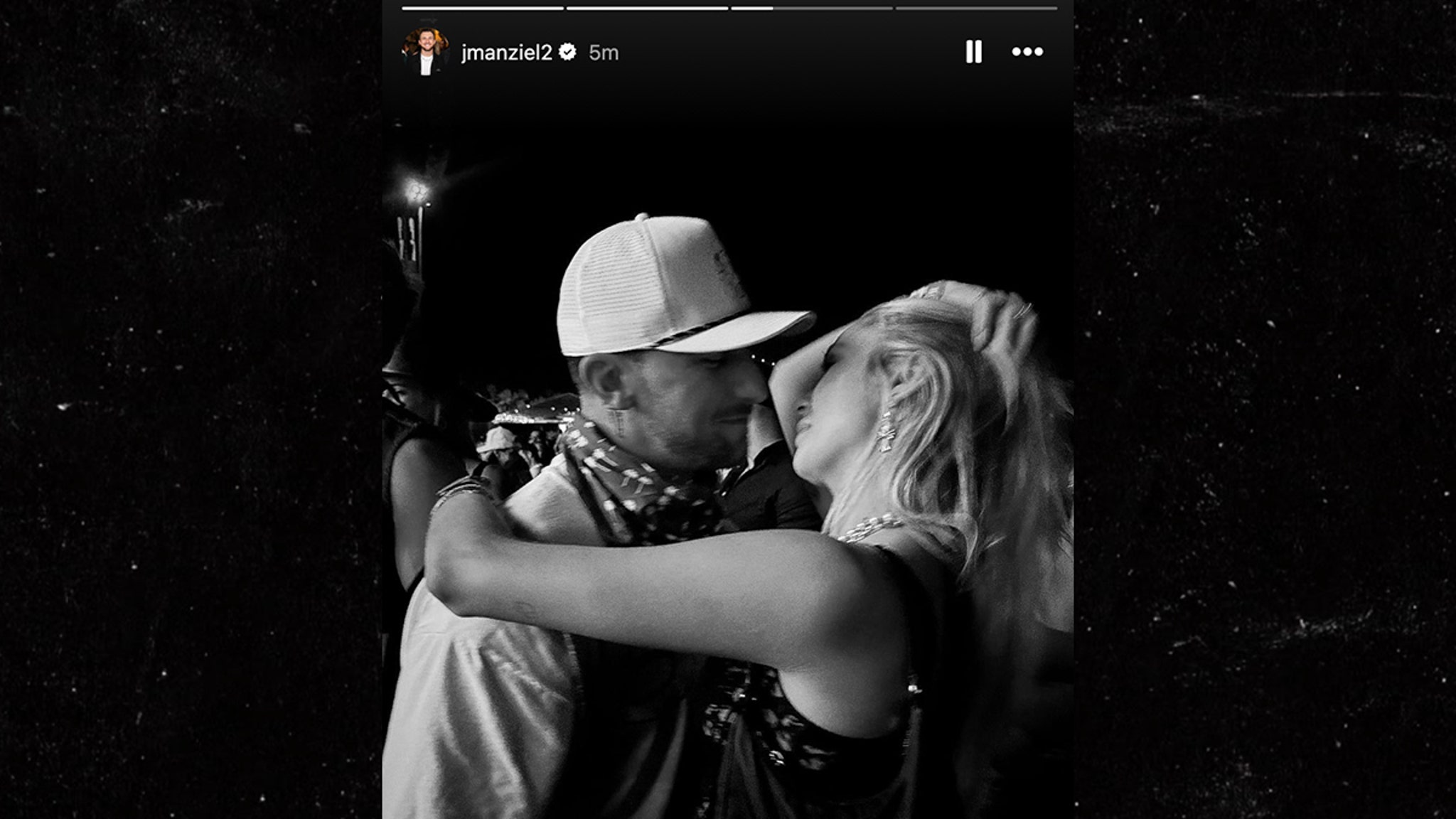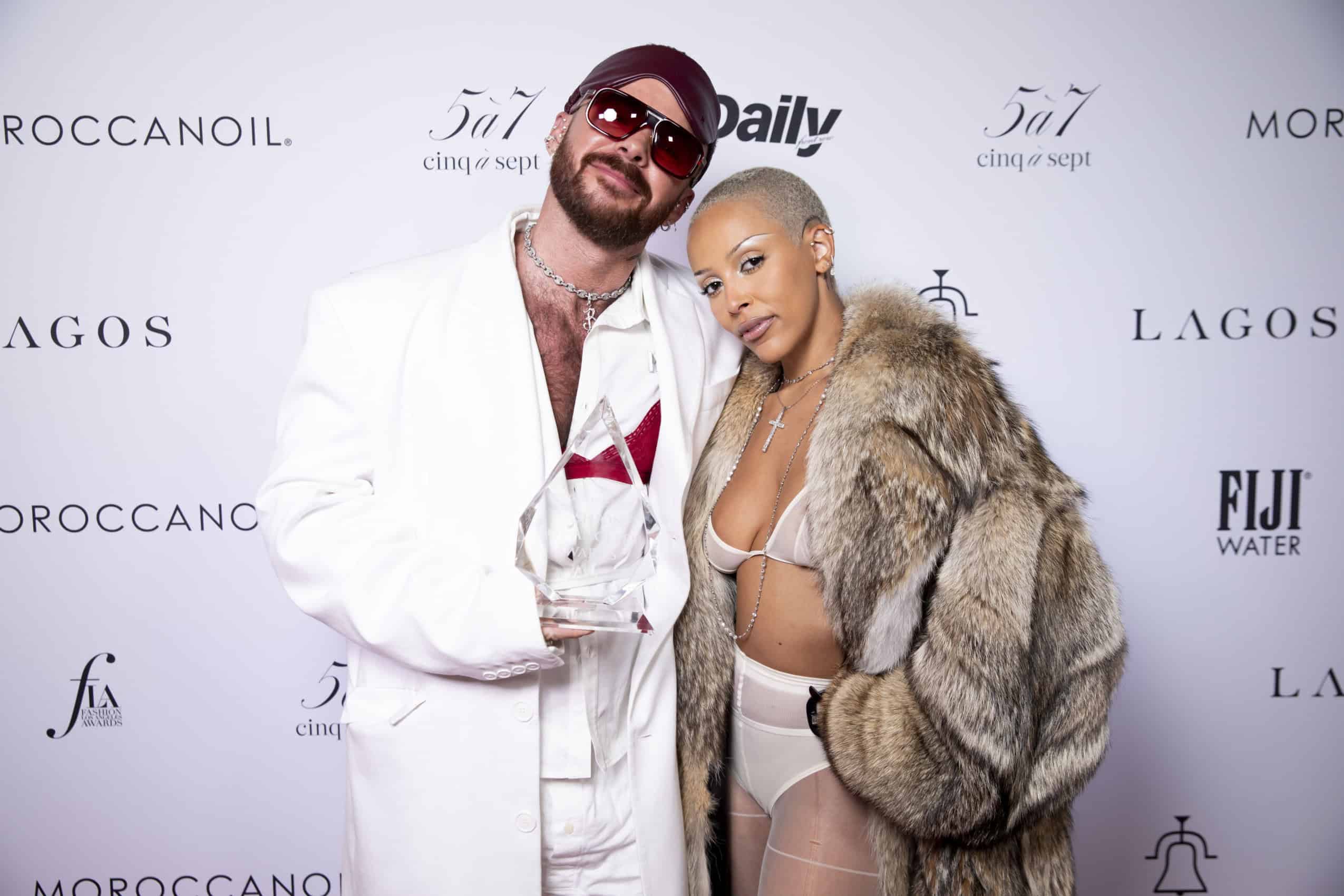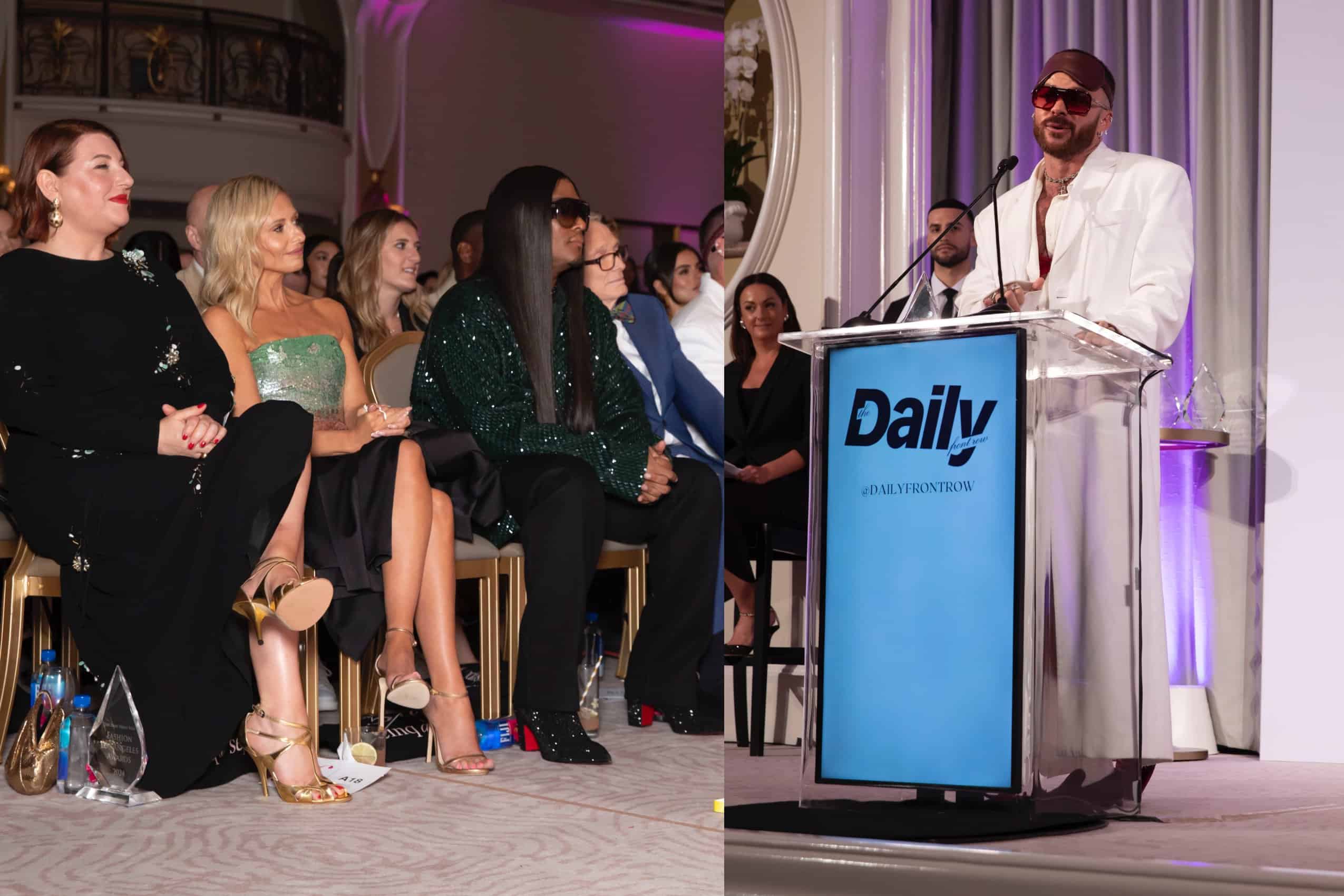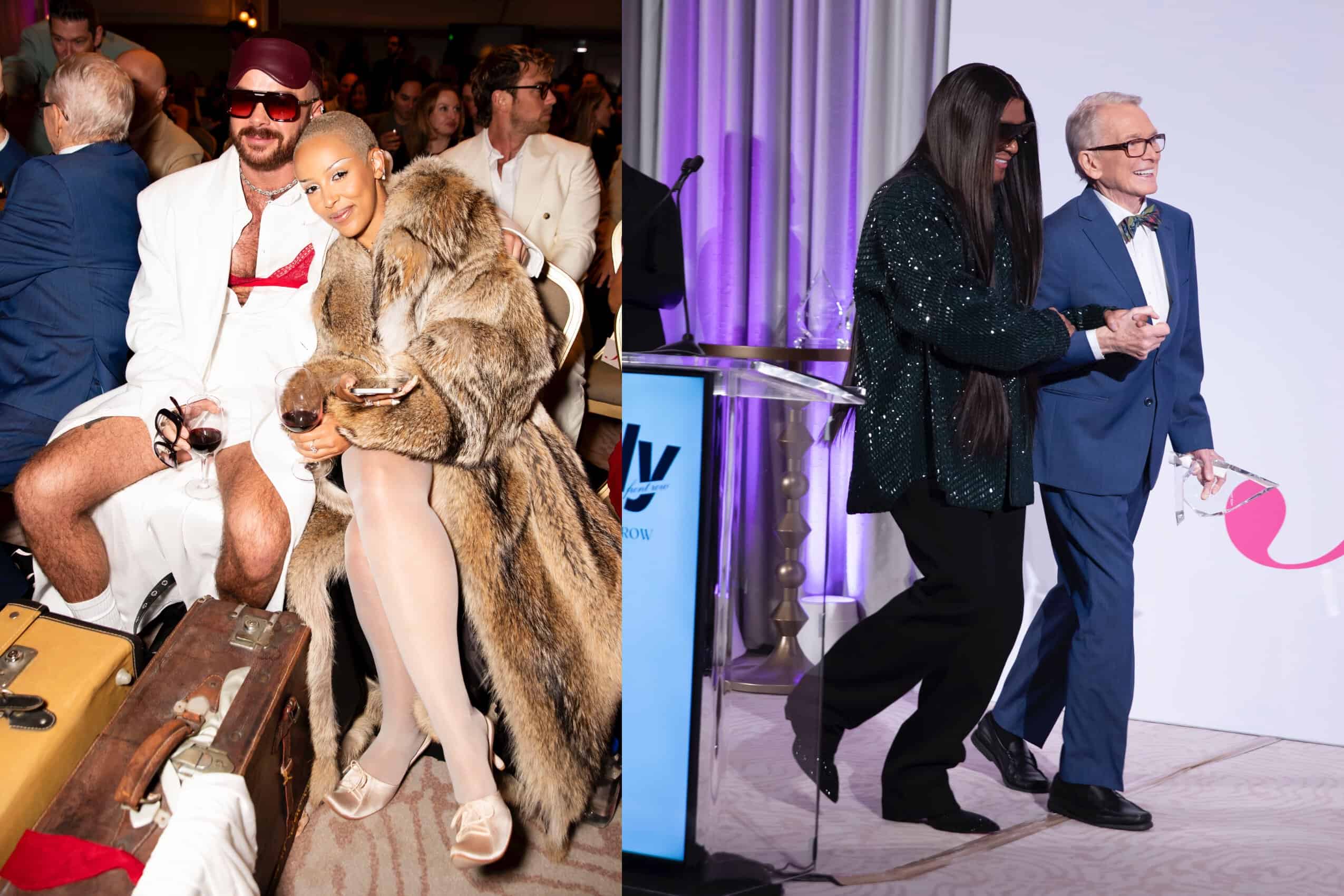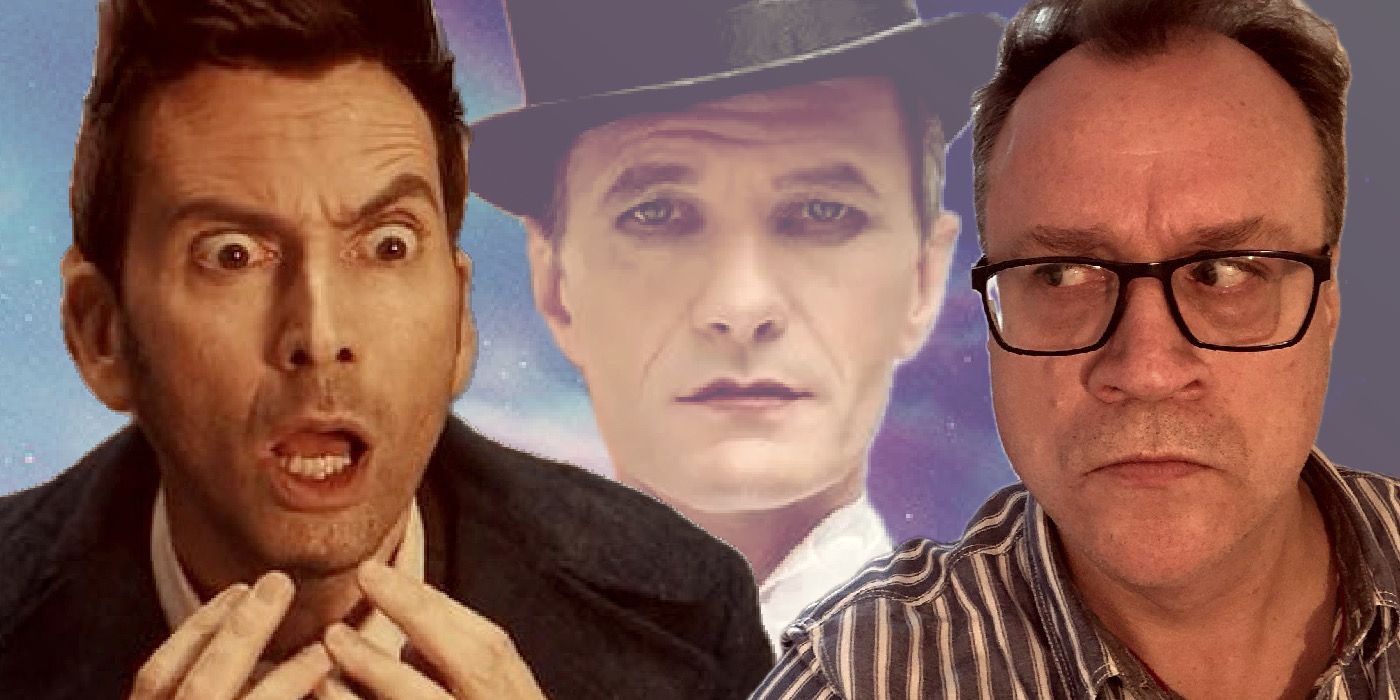

Summary
- The Toymaker character in Doctor Who has a problematic history with racial stereotypes, which Russell T. Davies addresses and acknowledges in his latest arc.
- Davies’ decision to revisit the Toymaker is a reflection of his commitment to nuanced storytelling and confronting historical blemishes.
- The evolution of the Toymaker from a relic to a relevant character shows Doctor Who’s dedication to growth and awareness in representation and narrative.
Doctor Who‘s showrunner Russell T. Davies, recently delved into the lore and controversy surrounding one of the show’s most enigmatic characters, the Toymaker. This deep dive comes in the wake of the 60th-anniversary specials of the series, where once again, the complexities of time, space, and morality are explored during an interview with the behind-the-scenes show, Doctor Who: Unleashed (via The Direct).
The Toymaker, a character shrouded in mystery and mischief, first appeared in the 1966 episode “The Celestial Toymaker,” facing off against William Hartnell’s First Doctor. Michael Gough’s portrayal left a lasting impression, embodying an immortal being whose playthings and games were as dangerous as they were whimsical. Fast forward to the 60th anniversary, and the character, now portrayed by Neil Patrick Harris in “The Giggle,” returns with a renewed sense of chaos, this time challenging David Tennant’s Fourteenth Doctor. Davies explained:
It is said, and I understand this, that there was a history of racism with the original Toymaker, the Celestial Toymaker, who had celestial… And I did not know this, but ‘celestial’ can mean of Chinese origin, in a derogatory way.
It also means from the sky. But it can also mean Chinese, and in a kind of imperial way, in a British Empire sort of way. And there’s a lot of debate about why was the original Toymaker, who was a white man, dressed up as a Chinese Mandarin? Why? And that’s not the actor’s fault. I’m not blaming the actor at all. He was just… I don’t know how much of that was unconscious at the time.
I think you have to do it, because I can absolutely guarantee you, on transmission, people will pipe up, saying, in 1966, this was a racist character. And if we haven’t acknowledged that in some way, we look ignorant, I’m very, very aware of it, and it’s baked into him.
And that’s part of the reason bringing him back. He’s a villain, of course he’s going to do terrible things, and that’s one of them. I did not want to whitewash the Toymaker then, so I gave him this side of putting on accents. He’s a murderer. He’s a mass murderer. So, I like the fact there’s that very slight thin thread of him playing with race, playing with voices, playing with accents, using it as an attack.
Davies’s conversation was notably frank and introspective, shedding light on the darker facets of the Toymaker’s history. The character, initially conceived in a different era, bore unintentional but unmistakable racist undertones, particularly in its allusion to Asian stereotypes. The term “celestial” itself, Davies notes, carries a double entendre, signifying both the heavenly and, derogatorily, the Chinese, in a manner reflective of imperialist attitudes of the time.
The decision to revisit the Toymaker was not made lightly. Davies, known for his commitment to nuanced and reflective storytelling, saw an opportunity to confront these historical blemishes. Rather than shy away from the past, he chose to weave the acknowledgment and critique of these issues into the fabric of the character’s latest arc. The Toymaker’s return is not just a trip down memory lane; it is a critical examination of legacy and responsibility. This is emblematic of Davies’s tenure as showrunner, where storytelling is an exercise in cultural reflection and forward momentum.
RELATED: Doctor Who: Why Ncuti Gatwa Is an Excellent Choice as the Fifteeneth Doctor
From Relic to Relevance: The Evolution of The Toymaker in Doctor Who’s Legacy
“The Giggle” is not just an episode; it’s a microcosm of the broader dialogue on representation and the evolution of media. By addressing the Toymaker’s problematic elements, Davies integrates a narrative of recognition and change. The villain’s new portrayal is laden with purpose, transforming past mistakes into lessons and provocations for today’s audience.
Davies’s approach is a testament to the enduring relevance of Doctor Who. The series, much like the Doctor himself, is constantly regenerating, taking new shapes while confronting old ghosts. The Toymaker’s evolution from a problematic relic to a character reflective of contemporary sensibilities is a bold narrative choice, demonstrating the show’s commitment to growth and awareness.
Doctor Who’s journey, a continuous voyage through the expansive and complex realms of time and space, reflects a balance between embracing the future and understanding the past. The Toymaker, in all his complexity, stands as a symbol of this enduring mission, embodying the show’s ability to entertain, challenge, and, most importantly, evolve. With Davies at the helm, the series promises to continue pushing boundaries, ensuring that its legacy is as dynamic and thoughtful as the universe it explores.
You can view the original article HERE.
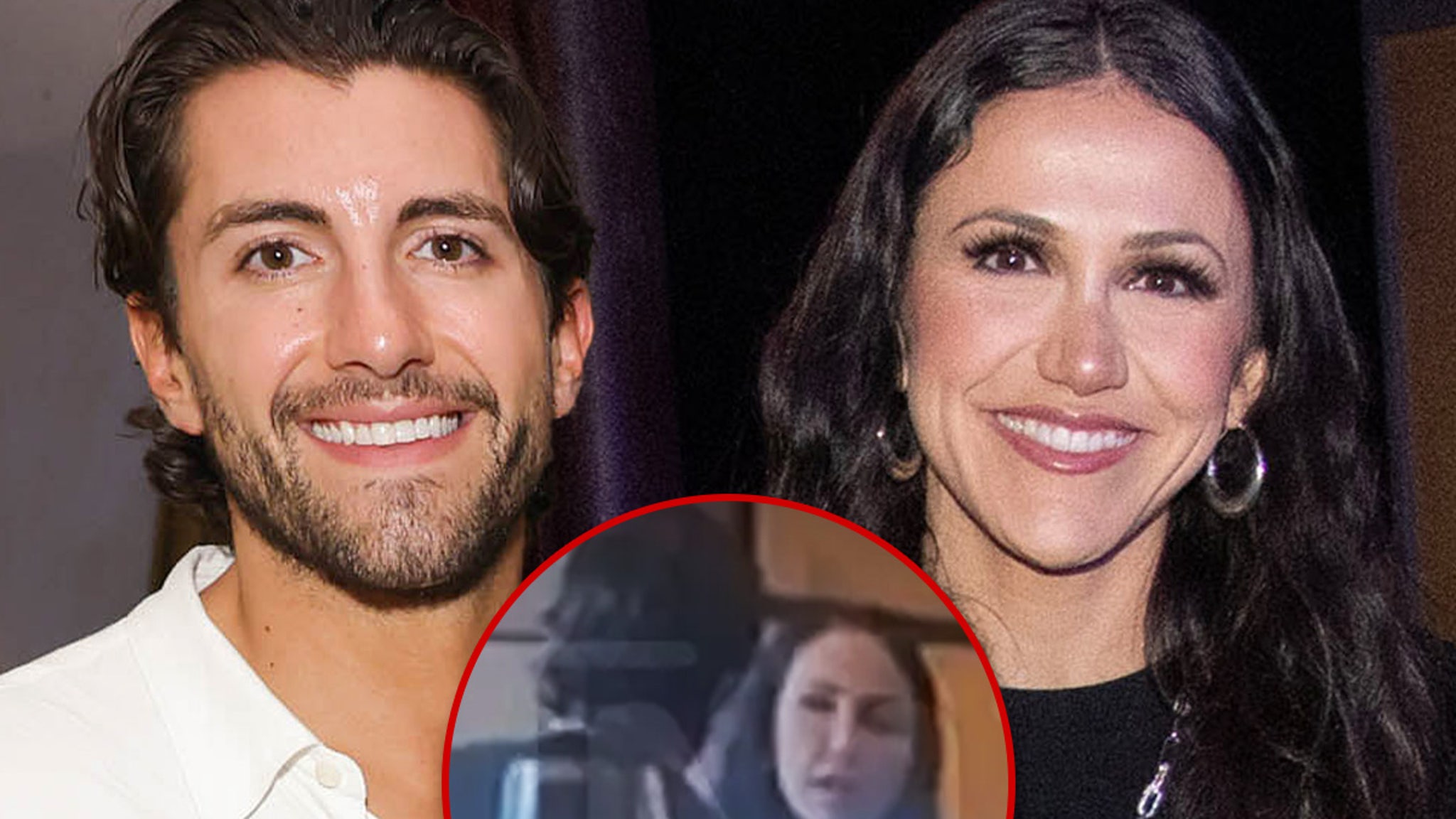

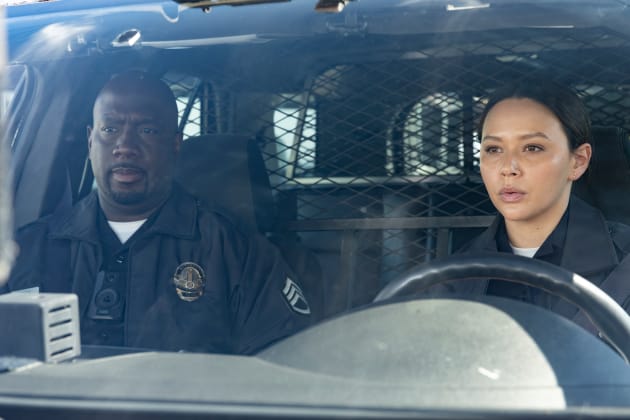

:quality(85):upscale()/2024/04/26/911/n/1922283/41bb9acb662c13ed178189.98916636_.jpg)




